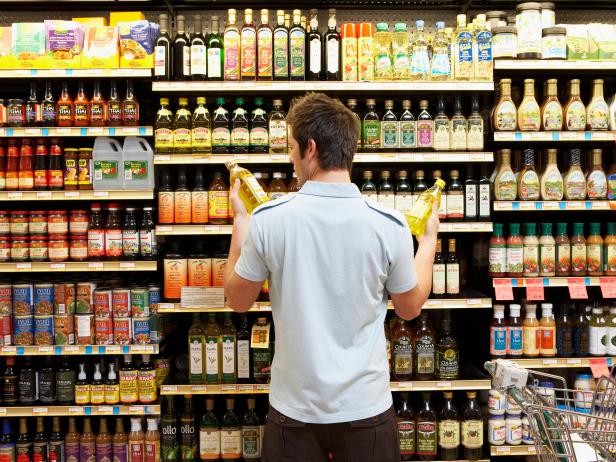There have been numerous food recalls lately. Capri Sun recently voluntarily recalled 6,000 cases that were contaminated with diluted cleaning solution, and in May 2022 Jif voluntarily recalled multiple varieties of peanut butters due to potential Salmonella bacteria contamination. With so many mass recalls on packaged goods, is this the new norm? Here’s what a registered dietitian and food safety expert wants you to know.
Approximately 1 in 6 Americas get sick from a foodborne illness annually.
The Food Safety and Inspection Services (FSIS) provides an annual report on food recalls. In 2021, there were 47 recalls on 15,501,273 pounds of food, compared to 2020 where there were 31 recalls on 1,461,019 pounds of food. Certainly you can see the numbers went up, however if you backtrack even further the story is different:
In 2011, The Food Safety Modernization Act gave the FDA more power in preventing food safety issues. In addition, there is new technology used by the FDA, USDA, and CDC called “whole genome sequencing” that enables the discovery of foodborne illnesses faster and more efficiently. In 2016, there was a 32% increase in orders for robots in the food and beverage industry — an attempt to replace humans and human error. However, automatic packaging has also led to product mislabeling and manufacturing equipment sometimes has led to foreign objects (like metal) being found in food.
Over the past two years (2020 and 2021), food recalls have actually significantly dropped. We will see if this trend continues as the pandemic has certainly led to changes in food manufacturing due to shortages of supplies and other important factors within the food chain.
There are a handful of organizations that oversee food recalls. The FSIS, which is a branch of the U.S. Department of Agriculture (USDA) oversees the safety of the meat, poultry, and some egg products which is approximately 20% of the U.S. food supply. The Food and Drug Administration (FDA) oversees the rest of the food supply, including domestic and imported foods. When there is a foodborne illness, the state departments contact the Centers for Disease Control and Prevention (CDC) who then contacts the FDA or FSIS. Plus, food manufacturers work with these organizations in order to issue food recalls for their own products.
When foods get recalled, they tend to fit into one of three categories: pathogen contamination (like Salmonella), physical contamination (like glass or metal), or misbranding (when an undeclared allergen is in a food). Recalls are typically done voluntarily by the manufacturer. If a company needs to issue a recall, then the company needs to let the FDA or FSIS know as soon as possible and provide a plan of action on how they plan on handling the recall, a press release, and who is affected. The manufacture is responsible for removing the product from the market as soon as the issue has been found. The FDA or FSIS rarely issues a recall, but it has happened when the source of the contamination was still undetermined.
To stay updated about recalls, the FDA offers a recall subscription service where you can be notified of any recalls (including food recalls) on a daily or weekly basis. You can also check the USDA website where they post recalls as well.
If you think you have a recalled product, read the recall notice carefully and follow product-specific instructions. Oftentimes you can return the recalled product to the store where it was purchased for a full refund. If not, you should dispose of the product properly and if it is contaminated, wrap it securely before putting it in the garbage. Never give the recalled product to others like a food bank or pets.
*This article was written and/or reviewed by an independent registered dietitian nutritionist.




More News
Condemnation Slows, but Does Not Stall, Israel’s Assault on Rafah
Democrats press Chief Justice Roberts to address ethics at Supreme Court
Trump to address Libertarian Party convention this weekend